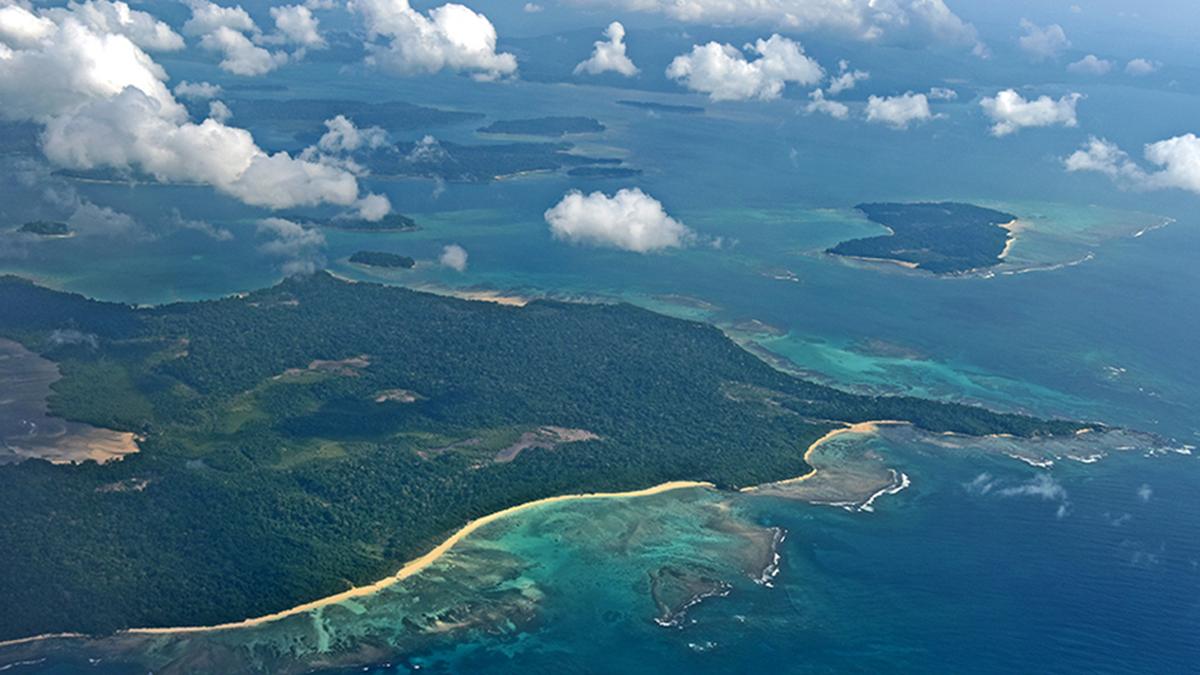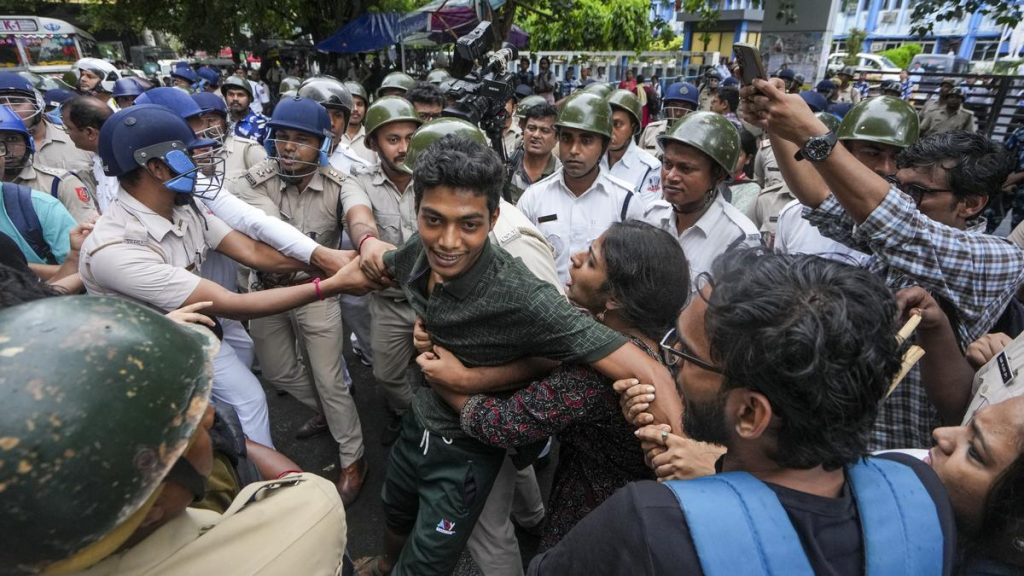Now Reading: Nicobar Project Ignored Tribal Forest Rights: Council
-
01
Nicobar Project Ignored Tribal Forest Rights: Council
Nicobar Project Ignored Tribal Forest Rights: Council

Rapid Summary
- The Andaman adn Nicobar Islands management allegedly made a false claim to the Center stating tribal rights under the forest Rights Act (FRA), 2006, were “identified and settled,” leading to forest clearances for the ₹72,000-crore Great Nicobar Island Progress Project.
- The project includes a transshipment port, airport, power plant, and township requiring diversion of approximately 13,075 hectares of forest land.
- Tribal groups like the Nicobarese and Shompen have raised severe concerns about procedural violations regarding FRA consent requirements and environmental impacts.
- The Tribal Council claims their consent was never given for forest land diversion. They dispute an August 2022 certificate by local authorities that claimed FRA processes were completed.
- It is indeed unclear whether clearances followed FRA or protections under the Protection of aboriginal Tribes Act (PAT56).
- Allegations include irregularities in special Gram Sabha meetings convened for obtaining consent. These meetings reportedly excluded impacted tribal groups such as the nicobarese and Shompen people directly affected by ancestral land loss.
- External bodies like the National Green Tribunal have flagged similar concerns on environmental impacts and alleged violations in securing proper tribal consent.
- The Tribal Affairs Ministry is examining these grievances; however, no resolution has been announced yet.
Indian opinion Analysis
The controversy surrounding forest clearance processes highlights pressing tensions between large-scale development projects and indigenous rights in India. This case underscores deep procedural ambiguities concerning compliance with critical laws like FRA vs PAT56-an issue with broader implications for safeguarding vulnerable tribal communities.
If correct protocols were bypassed or misrepresented during decision-making on vital projects like this one involving significant ecological change, it compromises equity as well as transparency. Balancing infrastructure needs with cultural preservation will remain crucial while ensuring that ancestral lands are not disproportionately affected without due consultation or compensation.
Additionally, given past criticisms from self-reliant bodies such as tribunals over environmental harm risks linked to this project in fragile ecosystems like Great Nicobar-which are biosphere hotspots-the government faces challenges reconciling its development agenda with sustainable practices. Obvious redress mechanisms would be pivotal to ensuring trust among local communities amidst growing dissent over perceived marginalization.
Ensuring lawful implementation under frameworks that explicitly address both ecological health alongside empowering native tribes will be key moving forward.Read more























